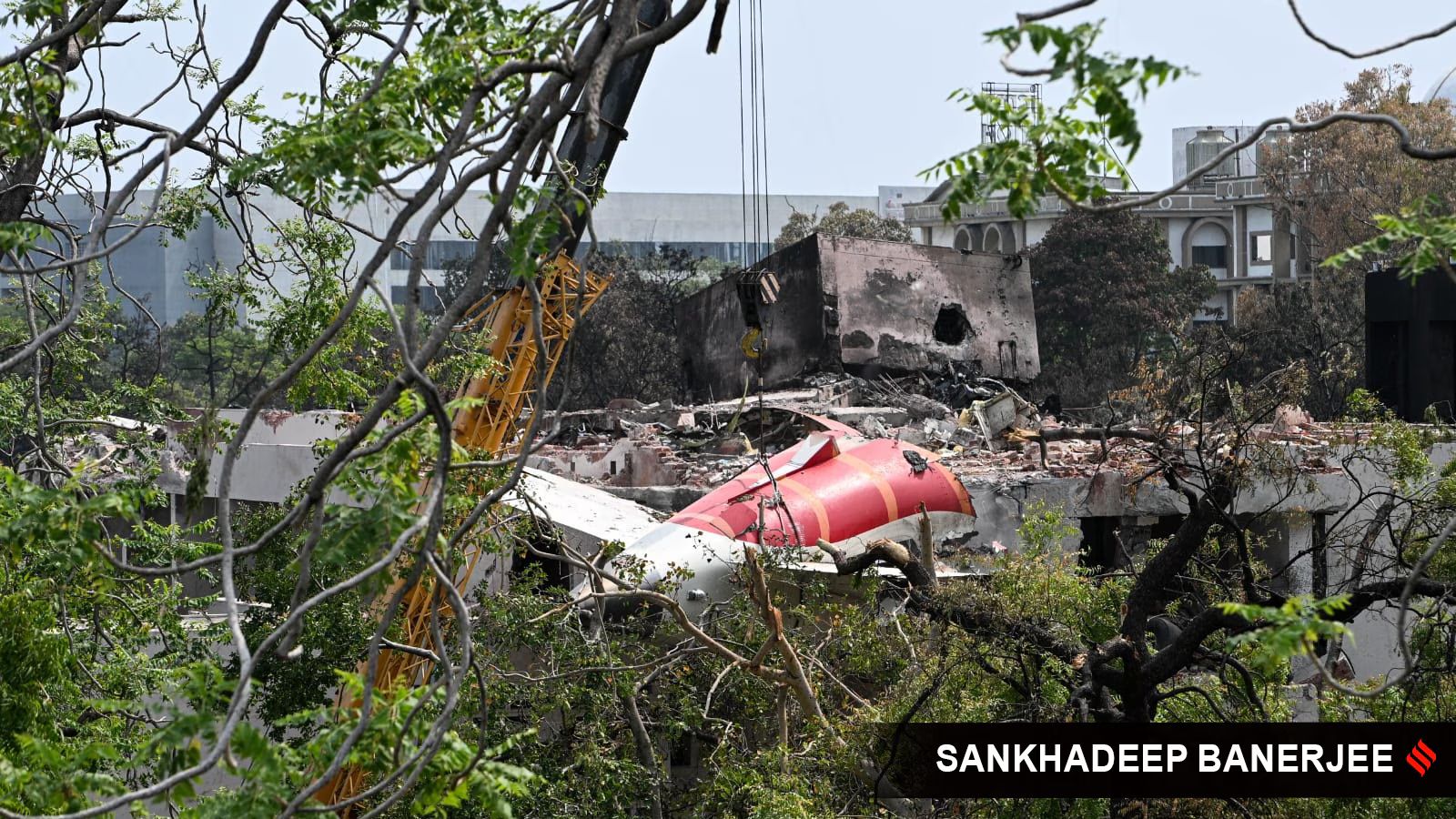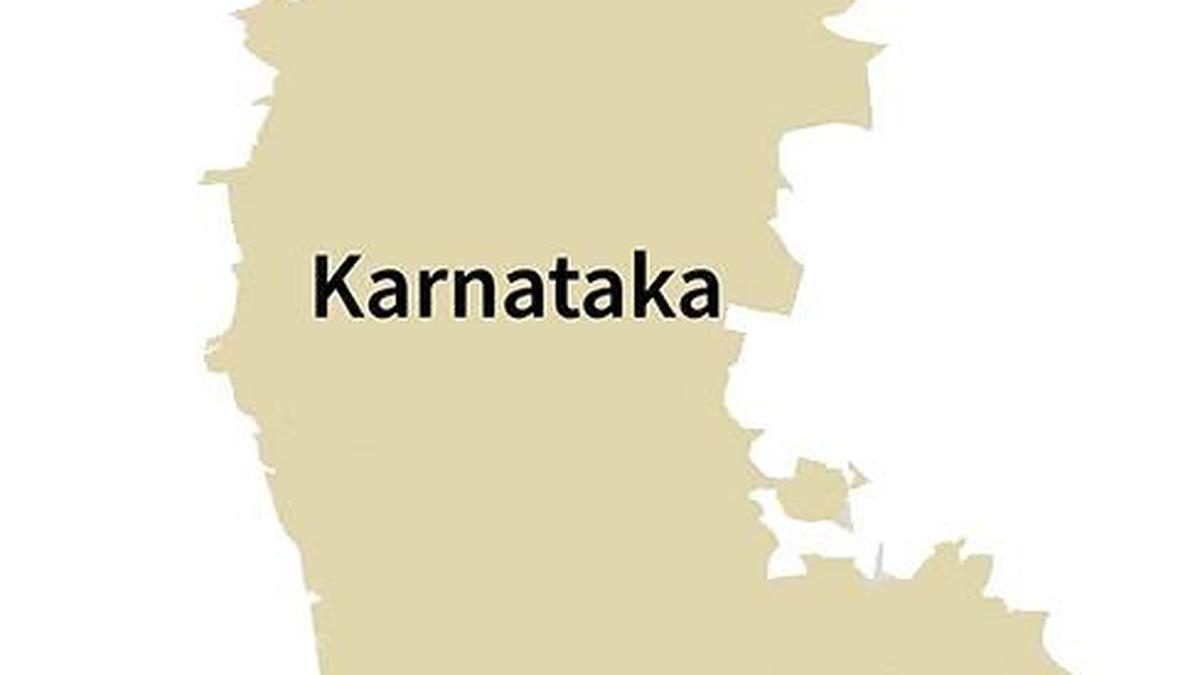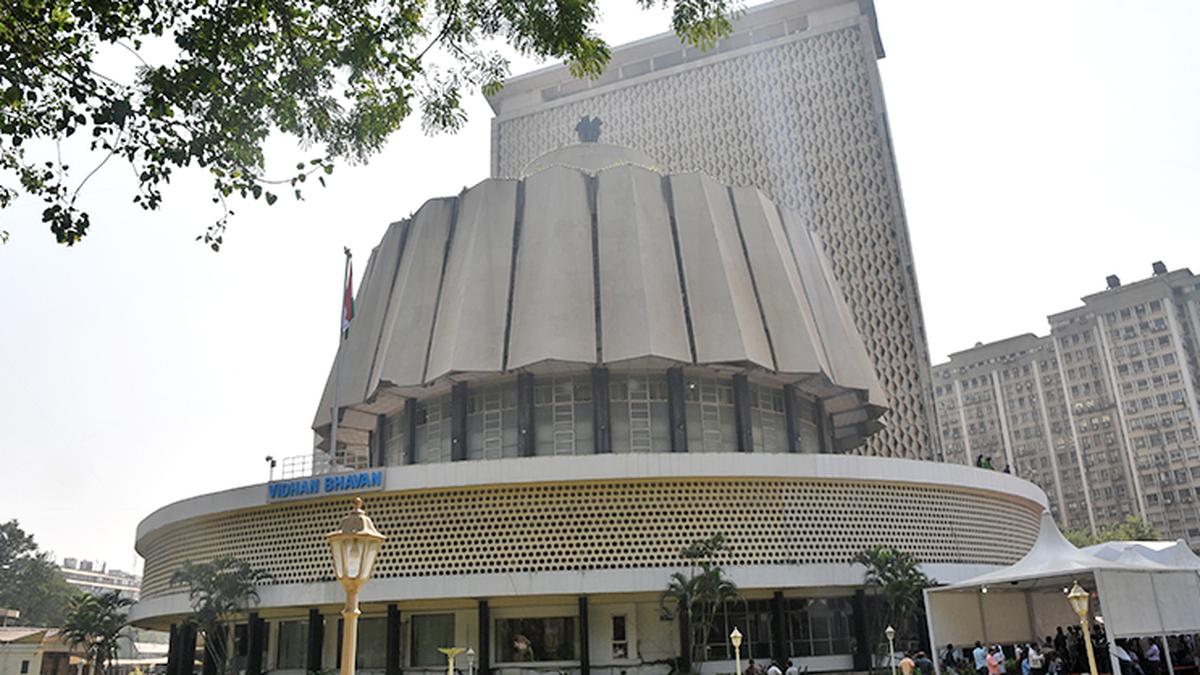Vanchit Bahujan Aaghadi (VBA) leader and senior advocate Prakash Ambedkar on Thursday (June 26, 2025) expressed disappointment over the Bombay High Court’s dismissal of a petition questioning the legitimacy of the 2024 Maharashtra Assembly elections. He alleged that the court had failed to address serious concerns related to bogus voting and non-transparency in the electoral process.
The petition, filed by Mumbai resident Chetan Chandrakant Ahire and argued by Mr. Ambedkar, sought to set aside the election results, citing, among other issues, a significant number of votes allegedly cast after the official 6 p.m. deadline on polling day. Mr. Ahire had also submitted a Right to Information (RTI) request for data on these votes, but the Election Commission reportedly stated that such information was “not available”.

“Chetan Ahire raised an important issue about whether the election was conducted freely and fairly. We filed RTI applications seeking clarity on post-deadline votes and slips issued by polling officers but received no concrete response. The court was expected to examine this but failed to do so,” Mr. Ambedkar said at a press conference.
He referred to an Election Commission press note that mentioned nearly 76 lakh votes were cast after the prescribed time limit. “We wanted to know whether polling slips were issued in accordance with procedure. Was there a record of it? If the slips are not available, how do we trust that these votes were legitimate?” he asked.
On June 25, a Division Bench comprising Justices G.S. Kulkarni and Arif Doctor dismissed the petition, calling it a “gross abuse of the process of law”. The Bench held that the plea lacked legal merit, substance, and locus standi. “We have no manner of doubt that this writ petition needs to be summarily rejected. It is accordingly rejected. The hearing of this petition has practically taken the whole day leaving aside our urgent cause list, and for such reason the petition would certainly warrant dismissal with cost, however, we refrain from doing so,” the Bench said.
The court also noted that the petition relied primarily on an RTI reply received by journalist Venkatesh Nayak and speculative newspaper reports. “There is no other material whatsoever, much less of any authenticity. We wonder as to how the petitioner can have a locus standi to seek such wide, sweeping and drastic reliefs to question the entire elections of the State Legislative Assembly,” the court observed.
The judgment further stated that such matters are barred under Article 329(b) of the Constitution, which stipulates that no election shall be called into question except by an election petition.
Mr. Ambedkar criticised the court’s approach, stating that the petition had been filed under writ jurisdiction and was not intended as an election petition. “We had approached the court under writ jurisdiction, seeking accountability and transparency. Instead, the court treated it like an election petition and dismissed it without addressing our main concerns,” he said.
He maintained that documentary evidence, including the Election Commission’s press note and a report published in Loksatta, had been submitted to support the claims. “But the judge said such reports lack strength. Then how else can we bring these issues to light?” he asked.
Citing alleged mismatches in vote counts at 96 polling stations, Mr. Ambedkar said RTI queries on these discrepancies were met with the response that the information was not available. “The court’s judgment doesn’t answer whether this is legal or not,” he said.
The Bench had found no evidence of fraud or illegal voting and said the petitioner had failed to demonstrate any personal legal injury or enforceable right. “We do not find ‘a scratch’ of a legal grievance, much less any legal injury,” the court remarked, rejecting the argument that post-deadline votes undermined the electoral process.
“This is not a personal dispute. If no documentation exists for votes cast after polling hours, two serious doubts arise — either polling officers pressed the buttons themselves, or they acted under someone’s instructions,” Mr. Ambedkar said, adding that the court had missed an opportunity to reinforce transparency and accountability. “Unfortunately, this judgment sets a precedent that may obstruct future efforts to seek electoral accountability,” he said.


 2 weeks ago
3
2 weeks ago
3









 English (US) ·
English (US) ·  French (CA) ·
French (CA) ·  French (FR) ·
French (FR) ·